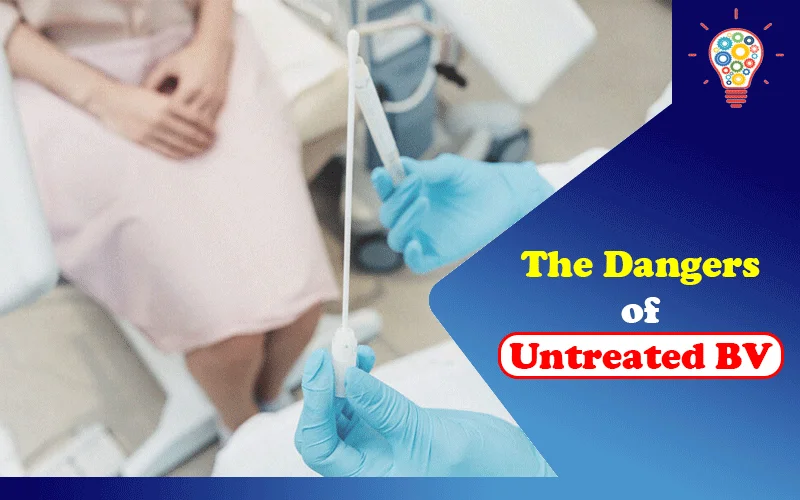Bacterial vaginosis, commonly known as BV, is a condition that is caused by an imbalance of bacteria in the vaginal canal. It is a common infection or ailment that any woman can get. While it’s easily treatable, leaving it untreated could expose you to many difficulties, including an increased chance of contracting sexually transmitted diseases. Even worse, it could cause you problems during pregnancy and childbearing. In this article, we will expound on the dangers of leaving BV untreated and possible treatment options.
Table of Contents
How Do You Know You Have BV?
Bacterial vaginosis manifests in different signs and symptoms. While some women show signs, others do not show symptoms during the initial stages. As such, you should be keen to visit the doctor when you notice any change in your vaginal health. The slightest of itches could be a sign. Here are some notable symptoms of BV.
- Your vagina gives away a foul odor after sex
- You get itchiness and irritations in or around your vagina
- You may experience a burning sensation when you urinate
- You get a thin white, greenish, or dull grey discharge from your vagina
These symptoms can be easily mistaken for candidiasis and trichomoniasis. To eliminate any confusion, ensure that you visit your gynecologist and have the real symptoms ascertained. It becomes easier to treat an infection when you know what it is.
The Risks of Not Treating BV
What happens when you leave bacterial vaginosis untreated? In most cases, BV does not cause major health problems as it is a curable condition. Nevertheless, if you leave it untreated for too long, it may increase your risk of contracting major health problems. Here are some dangers of not treating bacterial vaginosis.
You Risk of Contracting HIV
Untreated BV increases your risk of contracting HIV if you engage in unprotected sex with someone who’s infected with the virus.
If you are already HIV positive, BV increases the chances of passing the virus to your sex partners. It is risky either way.
You Risk Getting STDs and STIs
Unmanaged bacterial vaginosis increases the risk of contracting STDs and STIs. You may contract chlamydia, gonorrhea, and syphilis, among other sexually transmitted diseases. In worst-case scenarios, the bacteria may cause Pelvic Inflammatory Disease (PID). When untreated, PID may make it impossible for you to bear children in the future. As such, BV is highly linked to infertility.
Pregnant Women May Deliver Preterm Babies
Are you pregnant and have experienced signs of BV? Well, you need to have it treated quickly lest you risk delivering your baby preterm.
The Best Treatment Options for BV
Visit Your Doctor for Assessments
The first step is visiting your doctor for assessments. If you notice any changes in your vagina, go to the doctor. After the evaluations, the doctor will recommend some antibiotics to help restore your vagina’s health.
Finish the Prescribed Dosage of Antibiotics
Most people have a habit of dropping medication once an infection’s signs go away. Well, you shouldn’t do this for bacterial vaginosis. Instead, be very committed to taking your medicines up to the last dose. It is the only way to be sure. You can also use probiotics for bacterial vaginosis to treat this condition.
Stay Away from Sex for a While
Sex is sweet, exciting, and thrilling. However, having BV can make the experience unbearable and painful. Therefore, you should stay away from sex for a week or two as you take your medicine. This eliminates chances of reinfection.
Use Condoms During Sex
If you must have sex, protect yourself using condoms. There are no two ways about safe sex; protect yourself or abstain.
Do Not Douche Your Vagina
Douching refers to cleaning your vagina’s inside area using water or a mixture of fluids. This is typically unnecessary as the vagina is self-cleaning. What you think is cleaning could actually be increasing your chances for vaginosis.
Conclusion
Bacterial vaginosis is a mild infection that may go away within a few days on its own. While it may be mild, untreated BV can cause problems, as we have seen above, hence seeking medical attention is recommended. Follow our actionable treatment options and minimize the risk of the condition.
Read Also: Natural, OTC, or Prescription: Understanding Your ED Treatment Options

